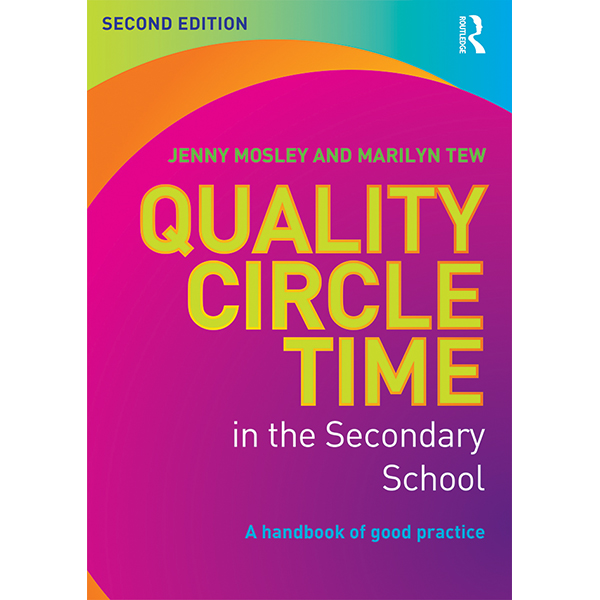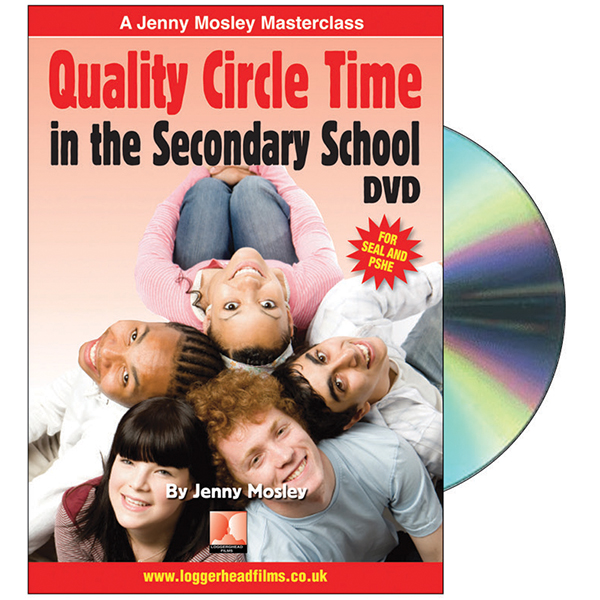Blog, Uncategorized
Making Listening Possible in Secondary Schools
I am truly worried about secondary schools being unable to meet young people’s need to be listened to. Mental health depends on individuals being able to express their feelings within a trusting respectful relationship, where they feel listened to and heard.
Currently PSHE in secondary schools is patchy. Some secondary schools soldier on, sometimes with unmotivated, untrained teachers doing weekly PSHE sessions on sensitive, personal topics. Others have given up completely and just get a speaker in once a half term to deliver the statutory ‘must-have’ knowledge stuff.
Meanwhile there is an epidemic of mental health problems affecting teenagers; but there is nothing put into mainstream schools to support them early on – proactively. Yes, certain lucky students get nurture groups, individual counselling, CAMHS or anger management and social skills groups – but these interventions can weaken a school that doesn’t have listening systems from the outset, for all young people. They give the message that you have to have a problem to be heard. Many young people who are in need of attention begin to hype up their problems to get more attention. The others learn that in this school you have to have a problem to ever get listened to.
… so, yes, of course I’m going to argue that circle time should be used weekly vibrant, student-centred listening and PSHE to help everyone to develop a shared sense of community. Many years ago Lord David Putnam came to see me work in a Hackney school and he wrote a speech to open my conference in London for all primary and secondary teachers.
“Delight, wonder, mystery, pity, beauty and pain are to me every bit as important to our understanding of the human experience as anything I could ever be tested on. Teaching knowledge gives a child the ability to contribute as a national statistic of achievement. Developing understanding allows a child to participate as a full member of the human race. One of the most attractive features of the Quality Circle Time Model is its importance it attaches to get the aspirations and expectations of children right… it is a model that is about young people being given time explicitly to socialise with each other… it is essential to imbue even the most difficult child with a sense of self-esteem and respect, a sense of community and culture, a sense of responsibility…”
 Occasionally (it used to be more regularly) I am invited to work with secondary and primary staff together in an ‘all-through’ school. A few months ago I as invited to work in such an all through school called Cavendish School in East Sussex. I just love the concept of an all through school – it implies a commitment to building on the sound good practice in primary so the child experiences school incrementally as a safe place where teachers are all committed to the same values. What was wonderful for me about my training in this school was the outcome. Please read carefully below… and you will see the primary teachers are being invited to support the secondary staff to be able to deliver circle time. WOW…
Occasionally (it used to be more regularly) I am invited to work with secondary and primary staff together in an ‘all-through’ school. A few months ago I as invited to work in such an all through school called Cavendish School in East Sussex. I just love the concept of an all through school – it implies a commitment to building on the sound good practice in primary so the child experiences school incrementally as a safe place where teachers are all committed to the same values. What was wonderful for me about my training in this school was the outcome. Please read carefully below… and you will see the primary teachers are being invited to support the secondary staff to be able to deliver circle time. WOW…
“Jenny led an INSET day with all our staff from the primary and secondary phases of our all through school. It was a hugely successful day with staff appreciating the opportunity to explore strategies to use to support our young people but also to develop ways to support themselves and each other…Jenny modeled circle time with 28 of our year 7 pupils who gave up their own time to participate in a circle time activity. It is fair to say that prior to the day there was some concern from secondary staff as to how circle time could be used with secondary age students, but staff were really impressed by what they saw and the responses that were drawn out from the students. We are now building on the INSET day to utilise the expertise of our primary colleagues who have circle time experience to support secondary teachers in using circle time with their classes. Thanks to Jenny for what was an inspirational, worthwhile and hugely enjoyable INSET day that will benefit our young people no end.” Ian Swingler, Head of Secondary Phase, Cavendish School
Thank you to everyone at Cavendish School for your vision, perseverance and a great day.
Do see below the links to our secondary resources in the website shop.



Website Manager’s Notes
1. Do get in touch to find out more about Jenny’s training in secondary schools, primary schools and early years settings where Jenny can cover mental health and wellbeing, behaviour management training, lunchtimes, dining halls and playgrounds and social skills.
2. Jenny wrote the Government’s Circle Time guidance for the SEAL document.
3. Jenny Mosley trains teachers and provides consultancy during INSET days, working in school days and longer-term partnership projects. To find out how our training could help your school, academy or setting, click here or phone 01225 767157 or email circletime@jennymosley.co.uk
3. Click to see all of Jenny’s transition and secondary resources.
